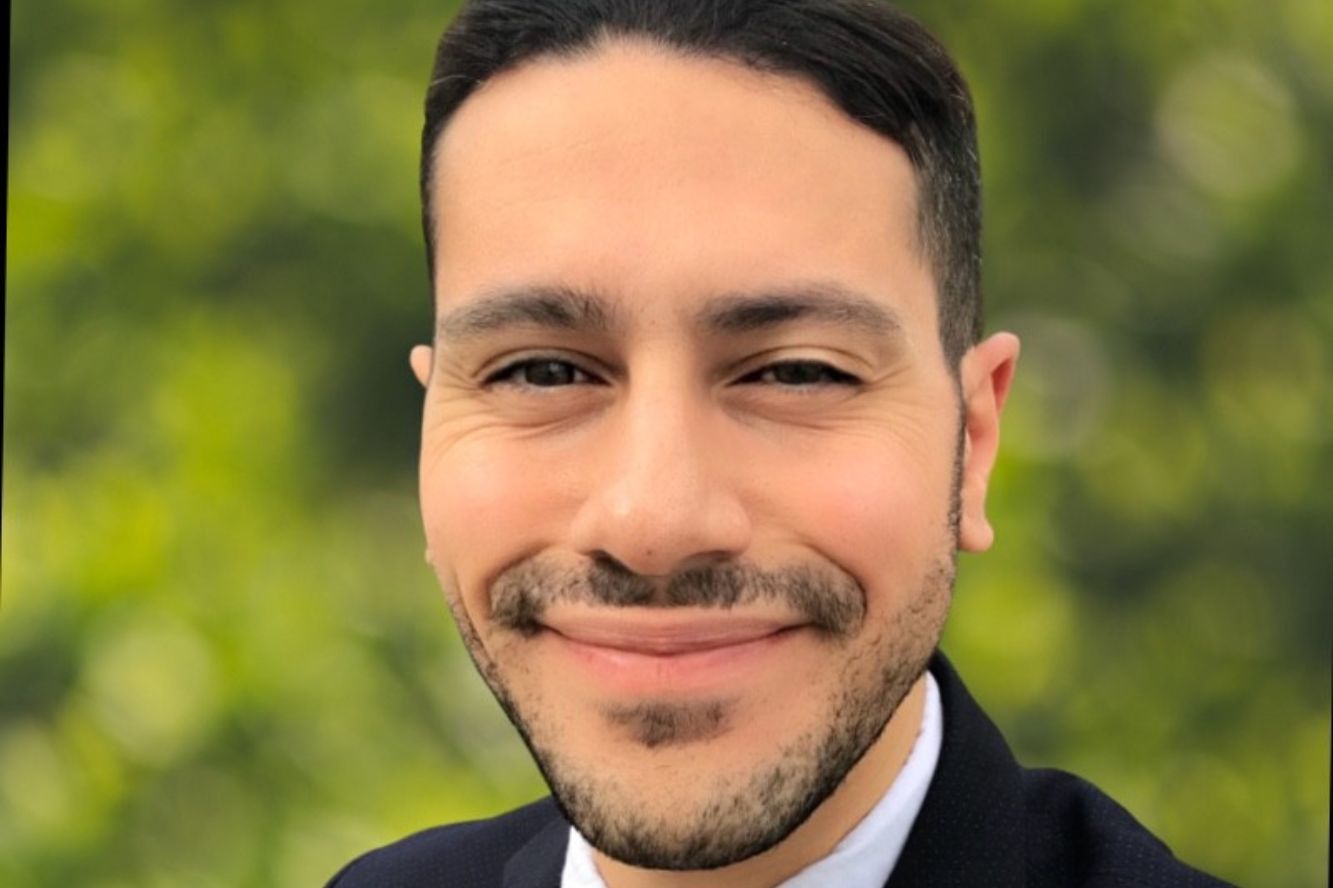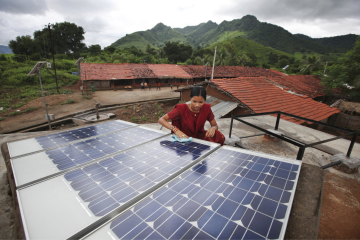Gulf Cooperation Council (GCC) countries are all facing challenges when it comes to balancing the need for urgent climate action with economic growth and advancing the welfare of workers. So how do you transform GCC economies to a new system that’s both sustainable and takes into account the welfare of workers?
This region of the world has traditionally been heavily focused on oil and gas revenues as the primary source of GDP. At the same time, this area is disproportionately affected by the effects of climate change.
IHRB’s Tamara Juburi discusses this challenge with Tariq Al Olaimy, Managing Director of 3BL Associates, a think tank working in the Middle-East and based in Bahrain.
Stream above, or you can listen on your favourite podcast player.
If you care about human rights and are curious about the impact of business on peoples’ rights, then follow Voices to get each episode straight to your feed.





























How to stop poorly planned climate transitions from sparking civil unrest
From the farmers of southern France to the Wayúu Indigenous people of La Guajira, Colombia and the coal miners of Mpumalanga, South Africa; many communities around the world are living on the frontlines of once-in-a-generation industrial shifts to...
08 May 2024 | Commentary
Commentary by Haley St. Dennis, Head of Just Transitions, IHRB